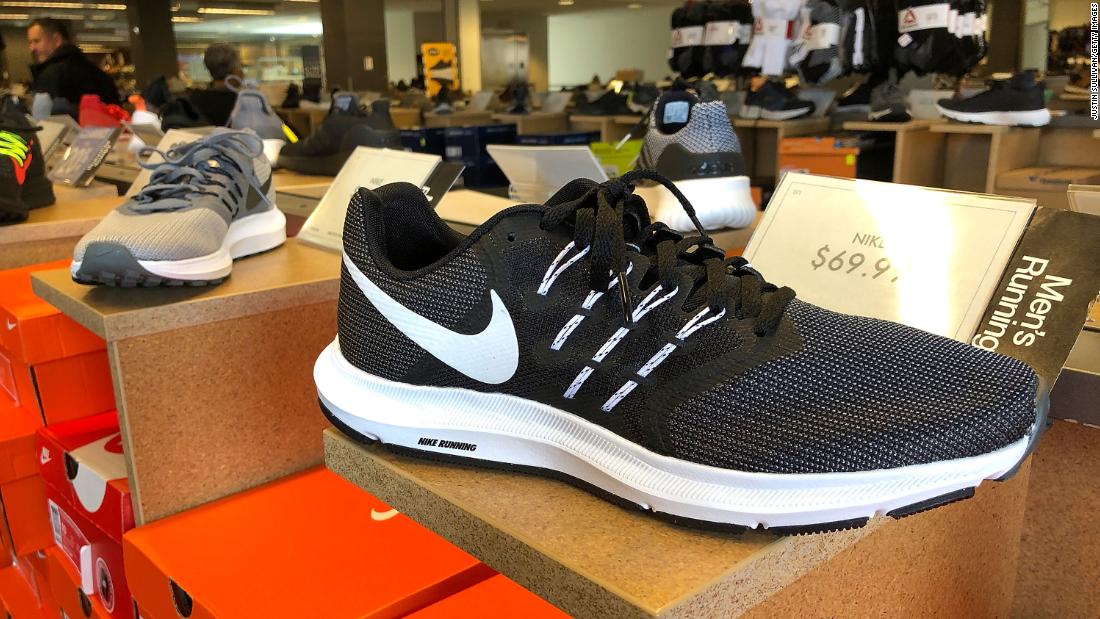The company has drastically reduced the number of traditional retailers it sells to in recent years to improve its profits and increase control over the presentation of its products. This has hurt some independent sneaker and sports stores, which rely heavily on selling Nike – the world’s largest shoemaker – to attract customers.
Nike is DSW’s largest sporting goods supplier, accounting for approximately 7% of DSW’s sales in 2020.
Selling merchandise on its own website and in physical stores earns Nike more than double the profit it would receive from selling through wholesale partners. The company is also gaining much tighter control over customer experience and pricing. This is a big advantage for a high-end brand like Nike that wants to present its products to customers in an attractive and consistent way, and prevent products from being overpriced.
Meanwhile, despite the loss of Nike, DSW believes it can offset revenue by expanding other sports brands.
“We’re doing very well across our sports portfolio,” Designer Brands CEO Roger Rawlins said on a call with analysts Tuesday.

